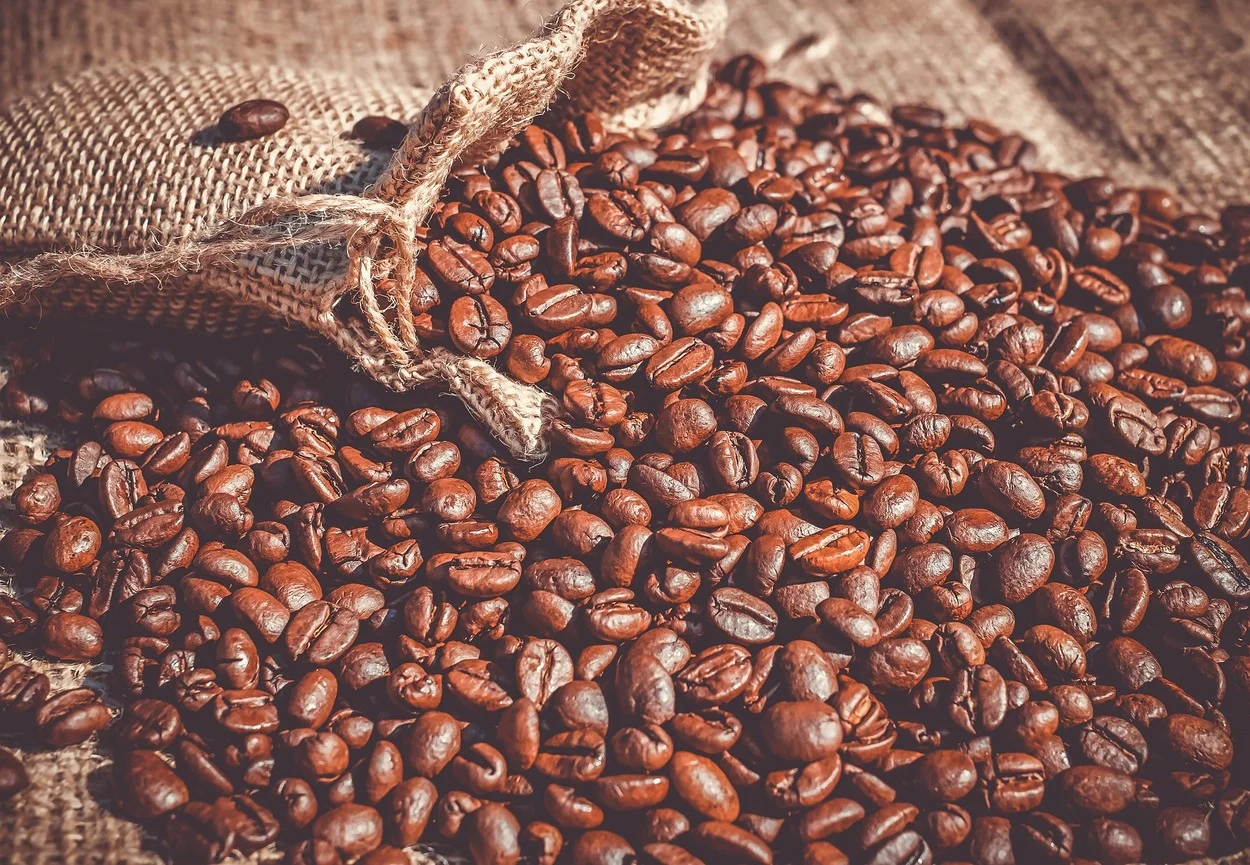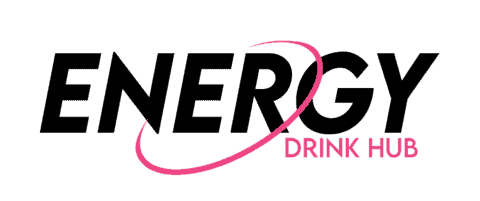The king of stimulants for boosting energy is caffeine. People turn to caffeinated beverages, powders, tablets, and other supplements to provide a pick-me-up upon rising and again as the day progresses.
It is less clear which caffeinated product is best for users in terms of effectiveness and the ensuing health risks. Even though it’s the most common, some people avoid coffee because they don’t like the flavor; instead, many people choose regular or sugar-free energy drinks as their favorite stimulant.
Unlike energy drinks, which can contain artificial preservatives, tastes, and colors, coffee is an entirely natural beverage. Even sweetened coffee would have less sugar than energy drinks, which are frequently rich in sugar.
But given the negative press that has been associated with products containing caffeine, and energy drinks, in particular, many people are curious: Are energy drinks worse for your heart than coffee?
Which is superior, a coffee or an apple? Find out in the following paragraphs.
Page Contents
What Is Caffeine?

The central nervous system is thought to be affected by caffeine, a psychoactive stimulant. It is not heavily controlled in most nations, unlike many other stimulants.
Caffeine-containing beverages have been utilized by humans for thousands of years as a means to stay awake and improve performance.
Both naturally occurring caffeine and synthetic caffeine can be produced in a lab. Natural sources include guarana seeds, coffee beans, tea leaves, and more.
Tea is the earliest of these drinks. With the exception of water, it has been around since 2737 B.C. and is still the most popular beverage on earth.
But because they contain other potent substances, coffee and energy drinks are more popular in the modern world as a source of caffeine.
How Does Caffeine Function?
After consuming caffeine, our blood begins to absorb it an hour or so later. It indicates that after entering the bloodstream, caffeine seeks to block the area of the brain that causes us to feel tired. By that, I mean that it prevents the inhibitory neurotransmitter adenosine from binding to its receptors.
Other neurotransmitters like dopamine and norepinephrine, which enable neurons in our brains to fire more quickly, are produced in greater quantities as a result.
This is crucial because it enables us to work for longer stretches of time while remaining more awake.
Additionally, it uses thermogenesis to modestly increase the body’s temperature. This causes a slight rise in heart rate, which improves athletic performance.
Energy Drink v/s Coffee

Everyone has been thinking about the argument between energy drinks and coffee, and there are no indicators that it will end soon.
Here’s how I see this as a conundrum: I adore both of them.
Coffee and energy drinks both increase your performance and endurance period, giving you an energy boost and helping you stay active throughout the day.
Energy drink stimulants function similarly to coffee. They can increase your awareness and concentration while also boosting your energy levels and physical performance.
They both have the same unfavorable consequences, including jitteriness and anxiety, as coffee. A faster heartbeat, deeper breathing, and greater side effects including increased blood pressure may also result from them.
Additionally, they share secondary components including proteins, carbs, and antioxidants. These all function in a similar way to provide our bodies with a nourishing energy boost.
Let’s look at some of the elements that are comparable in both coffee and energy drinks.
1. Caffeine Comparison
Caffeine may be helpful in preventing diseases including Parkinson’s and Type 2 diabetes, as well as enhancing cognitive performance and alertness, according to recent studies.
Studies show that the quantity of caffeine in a serving of coffee and energy drinks is essentially the same. Caffeine levels in energy drinks may be lower than in coffee. The amount of caffeine in energy drinks can, however, differ greatly depending on the brand.
One of my favorite energy drinks, Red Bull, has only 80mg of caffeine in each sachet, while Bang Energy Drink has 300mg of caffeine per serving. Comparatively, it is stated that there are “about” 95 mg of caffeine in a cup of coffee and that brewed coffee typically has between 70 and 140 mg, which is a moderately high amount.
2. Calorie Comparison
Energy drinks typically contain a lot of sugar in addition to caffeine, which is not beneficial in the long run because it will cause you to crash again once the first rush has worn off. Contrarily, coffee provides more long-lasting energy, and drinking it won’t increase your daily calorie intake.
Coffee has extremely few calories because it is primarily water. For instance, a shot of espresso has two calories, and a regular cup of coffee without cream or sugar may have up to five. Energy drinks have a lot of calories.
The majority of 16-ounce cans of premium brands, including Monster or Rock star, often have more than 200 calories. It’s important to note for anyone concerned about nutrition that the majority of those calories come from sugar.
3. Sugar Comparison
Obesity, type 2 diabetes, and heart disease can all be caused by consuming excessive amounts of added sugar. Men should drink no more than 36 grams of sugar (9 teaspoons) each day, while women should consume no more than 25 grams (6 teaspoons).
Coffee is naturally free of sugar. We can add sugar in it up to our own taste. On the other hand, energy drinks are infamous for having a lot of sugar added. One 16oz can of top brands contains up to 80 grams of sugar.
4. Price Comparison
We must agree that the caffeine hit is what you’re seeking in order to determine which beverage is the most economical.
Coffee prices, as well as those of energy drinks, can vary greatly depending on where you buy them. Energy drinks cost starts from 1.00 pound, while a single cup of coffee can cost up to 4.00 pounds, yet a cup of coffee from the office coffee machine can be had for only pennies.
The caffeine in coffee will last longer and be just as affordable, so if you’re out shopping, an energy drink can might be a cheap method to get a short dose.
Do Side Effects Occur From Excessive Caffeine?
The more caffeine you ingest, the more negative side effects you’ll experience. Everyone has a distinct threshold for what constitutes an excessive quantity; some people can handle 400 mg of caffeine, while others struggle to handle even 80 mg.
However, ingesting an amount of caffeine that your body is unfamiliar with can have a lot of adverse effects and can cause a number of health concerns. Too much caffeine has never been good for anyone.
The following is a list of negative effects that a caffeine excess may have:
- I’m more awake and attentive.
- Feeling worried and restless.
- A worsening of irritation.
- Body temperature rising.
- Dehydration.
- A terrible headache.
- Accelerated breathing
- Elevated heartbeat.
Sugar
In contrast to energy drinks, which can range from having no sugar at all to as much as 54g of sugar per serving, coffee allows you to easily control the amount of sugar in your cup.
If you’re thinking of canned coffee, it will be a very different situation. For instance, the 11.1g of sugar that Nescafe’s canned coffee includes for every 8.11 fl. oz. cannot be modified.
Coffee would win if sugar-free energy drinks were excluded since they contain less sugar, but if they are included, sugar-free energy drinks are undoubtedly superior.
Just remember to follow the AHA’s ( American Heart Association) daily recommendations no matter how much coffee or energy drinks you want to take daily.
| Gender | Maximum Daily Intake |
| Men | 150 kcal or 37.5g |
| Women | 100 kcal or 25g |
You may experience unpleasant side effects that could be harmful to your health if you don’t, including:
- Gaining weight
- Heart condition
- Cancer
- Type 2 Diabetes
- Acne
What Are The Side Effects Of Caffeine?
Many energy drinks include enormous amounts of sugar, which is terrible for human health and can cause type 2 diabetes and cardiac issues.
Energy drinks and coffee contain substantial quantities of sugar for such moderate sizes, as you can see for yourself.
The following is a list of negative effects linked to consuming too much sugar:
- Headaches.
- Irritability.
- Fatigue and attention deficit disorder.
- Being uneasy or worried.
- Feeling unsteady or faint.
- Hunger.
- Bloating.
- Increased blood pressure
- Inflammation.
- Gaining weight
- Diabetes.
- Fat in the liver.
- Heart Failure
Compared to Coffee, Are Energy Drinks Worse?
- When you need an extra boost of energy to work out or stay up late, energy drinks and coffee may help you get out of bed.
- Although I wouldn’t say that energy drinks are necessarily worse than coffee, they are both advantageous in different ways.
- When compared, neither really stands out from the other; it all depends on your personal preferences and the circumstances surrounding your need for a drink.
- Both coffee and energy drinks include a mix of potentially beneficial and potentially hazardous substances.
- No matter which one you decide to take, bear in mind that doing so excessively is not recommended because it could have negative side effects.
- Therefore, take care to avoid abusing either and subjecting yourself to some of the more negative consequences.
Conclusion
- Despite the fact that coffee is excellent, energy drinks give me more overall vitality than coffee, so I personally prefer them.
- I enjoy beverages with specified ingredients because I feel more in control of what I’m eating, but that’s just a question of preference.
- Both coffee and sugar may be harmful to your health if you drink more of both than is advised.
- Not to add, I might decide to control my intake by selecting an energy drink with the correct amount of caffeine.
